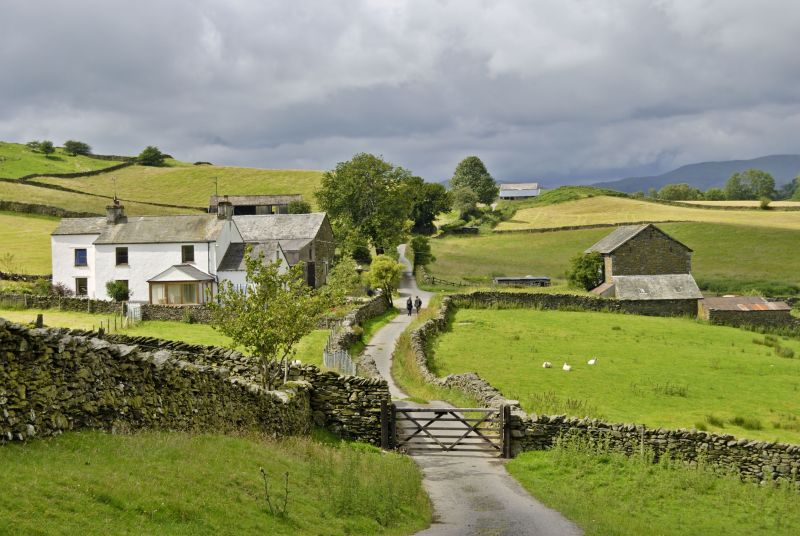
A new report has indicated the UK’s Rural Property investment delivered a total return of 12.33% in 2017, despite a weaker asset price growth.
The Rural Property Index, by property consultants Bidwells, tracks the investment performance of rural property assets.
It's most recent report revealed a sample of traditional 'let' rural property continued to perform strongly, with a greater proportion of the returns in this sector having been derived from portfolio activity.
After a decade of persistent yield compression, let rural property yields remained static in 2017, whilst rental values softened further in an environment of significant Brexit-related uncertainty.
Less than 12% of publicly traded land was let on tenancies exceeding one year, despite representing around 30% of the total land base.
In such a thinly traded market, the marginal impact of a limited number of purchasers is significant. Capital growth on vacant possession land has slowed, and in some areas, average values have declined.
However, the report shows that the market continues to show a spread of performance and, consequently, average land values are no longer a good indicator of value or price.
And as the Brexit negotiations progress, attention will turn to the future support regime for farming. Bidwells said it believes a move towards agricultural payments for ‘public good’ is likely.
The property consultants said this will "disproportionately benefit" holdings with special features of environmental or landscape importance, or those offering other public benefit.
A Bidwells spokesperson said: "The coming years will present a challenging period for rural property assets. Brexit implications and wider economic challenges facing the industry will increase disparities in enterprise profitability and asset values.
"There will be a growing focus on working property assets and exploiting development potential where it exists.
"Wider global trends, combined with Brexit, will drive changing farming practices and innovation in the sector, which in the longer-term is likely to impact on the viability of some enterprises."
